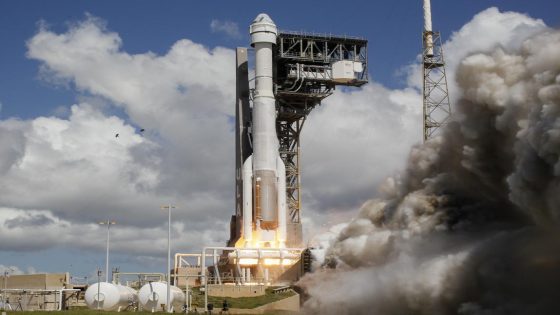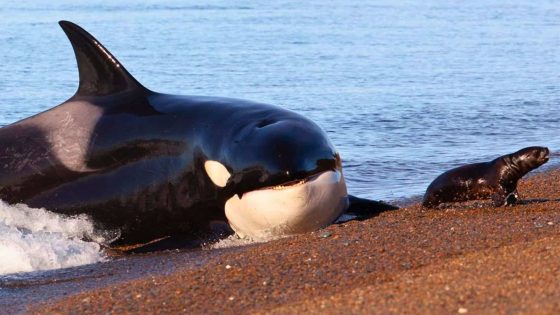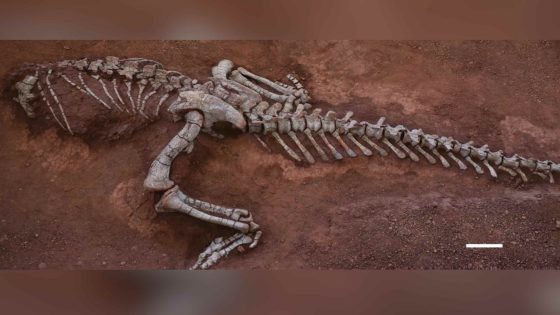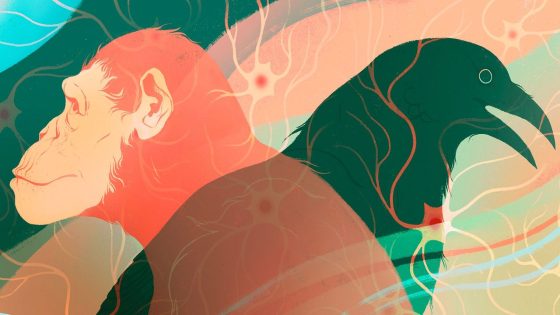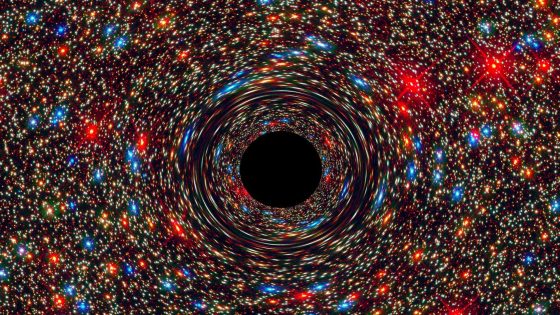Recent discoveries in space microbiology reveal that microbes are already adapting to off-planet life. A new strain of bacteria, identified aboard China’s Tiangong space station, showcases remarkable evolutionary traits that could impact future space missions.
- New microbe discovered in Tiangong space station
- Adapted to withstand oxidative stress and radiation
- Potential health implications for astronauts
- Related strains considered generally non-pathogenic
- Previous discoveries of space-adapted microbes
- Importance of studying microbes for space missions
Collected in 2023, this mysterious microbe has been specially adapted to withstand the harsh conditions of space. Researchers from the Shenzhou Space Biotechnology Group found that this strain can endure oxidative stress and heal from radiation damage, raising intriguing questions about microbial resilience in extraterrestrial environments.
This discovery prompts US to consider: how can understanding these microbes enhance astronaut health during long missions? The implications are significant, as researchers noted that studying these organisms could lead to better protective measures for spacefarers. Key points include:
- The microbe utilizes gelatin for nitrogen and carbon.
- It is related to a bacterium known to cause sepsis in immunocompromised patients.
- Space-adapted microbes may help inform health strategies for long-term space travel.
As we continue to explore the cosmos, studying these resilient microbes could pave the way for safer and healthier journeys beyond our planet. Will we uncover more secrets of life in space?







